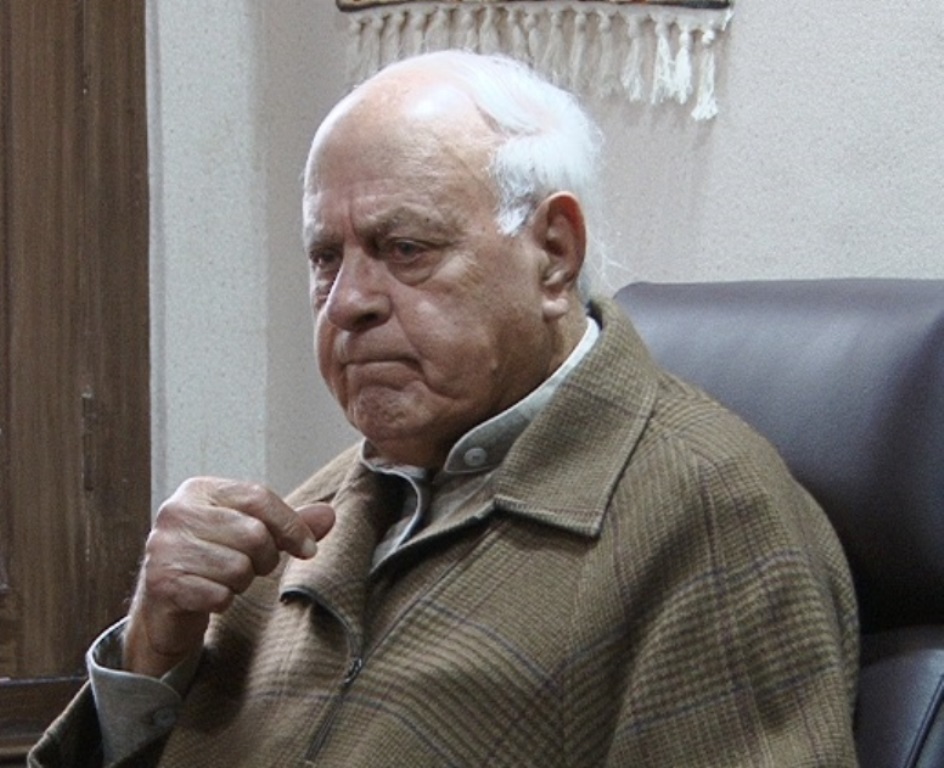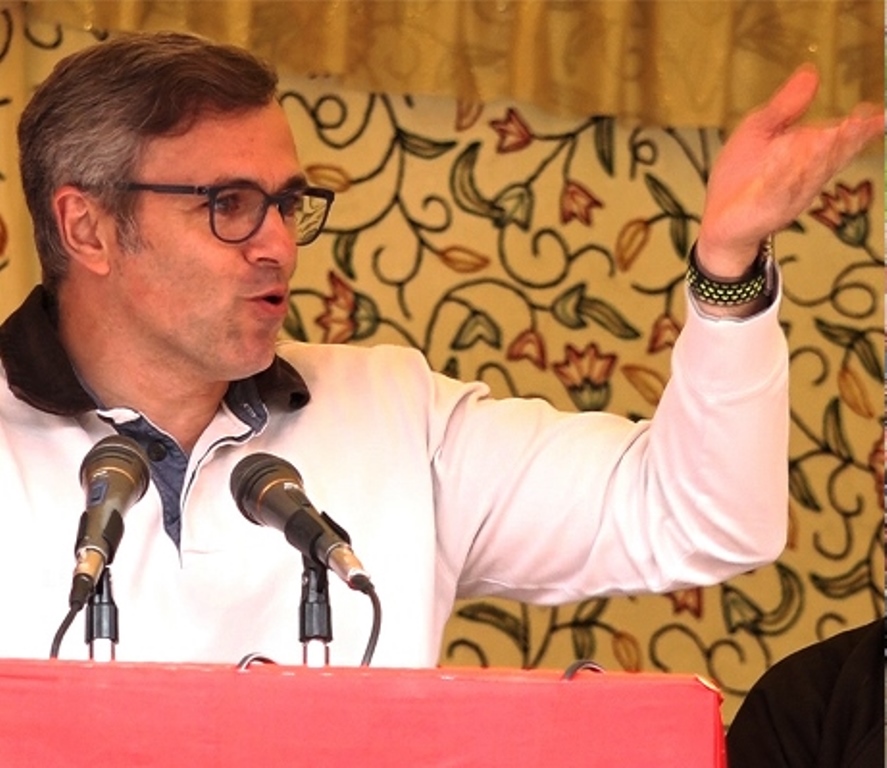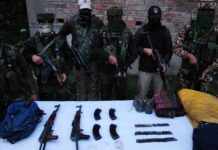SRINAGAR: A special court designated under the National Investigation Agency (NIA) Act in Srinagar has dismissed a request made by Waheed Ur Rehman Para, a youth leader from the People Democratic Party (PDP), seeking permission to travel to the United States to pursue a 3-month Peace Fellowship Programme at YALE University, according to Barandbench.
The court noted that Para has been accused of having close links with foreign and local militants, as well as funding, aiding, and supporting militant activities and organisations.
He has been charged under various provisions of the Unlawful Activities Prevention Act (UAPA) and the Indian Penal Code (IPC), which carry severe penalties including life imprisonment and the death penalty.
The special judge, Sandeep Gandotra, held that there are legitimate concerns that Para may attempt to flee India and disrupt the collection of evidence against him.
The court stated that allowing Para to travel abroad would not only hamper the ongoing trial, which is currently at the evidence stage, but also raise genuine apprehensions that he may interfere with the gathering of evidence in the USA. A mutual legal assistance request had been sent through the Indian government for this purpose.
Previously, on May 25, 2022, Para had been granted bail by the High Court of Jammu and Kashmir and Ladakh, subject to certain conditions. These conditions included obtaining prior permission from the trial court to leave Jammu and Kashmir and surrendering his passport to the investigating officer.
In light of these conditions, Para approached the NIA court seeking permission to travel abroad and the return of his passport, citing his selection as an Inaugural Peace Fellow of the YALE Peace Fellowship 2023, scheduled to take place from September to November this year.
The Public Prosecutor (PP) objected to the application, arguing that the Fellowship was an attempt to obstruct the ongoing investigation and trial against Para. The PP also claimed that Section 51 of the UAPA prohibited granting permission for travel, as Para’s passport was considered impounded.
The special court rejected the PP’s argument regarding Section 51 of the UAPA, stating that the trial court has discretion in deciding the duration of impounding a passport and even releasing it based on the specific facts and circumstances of the case. However, the court ultimately denied Para’s application due to concerns that allowing him to travel abroad would hinder the investigation and trial, which is currently in the evidence stage















